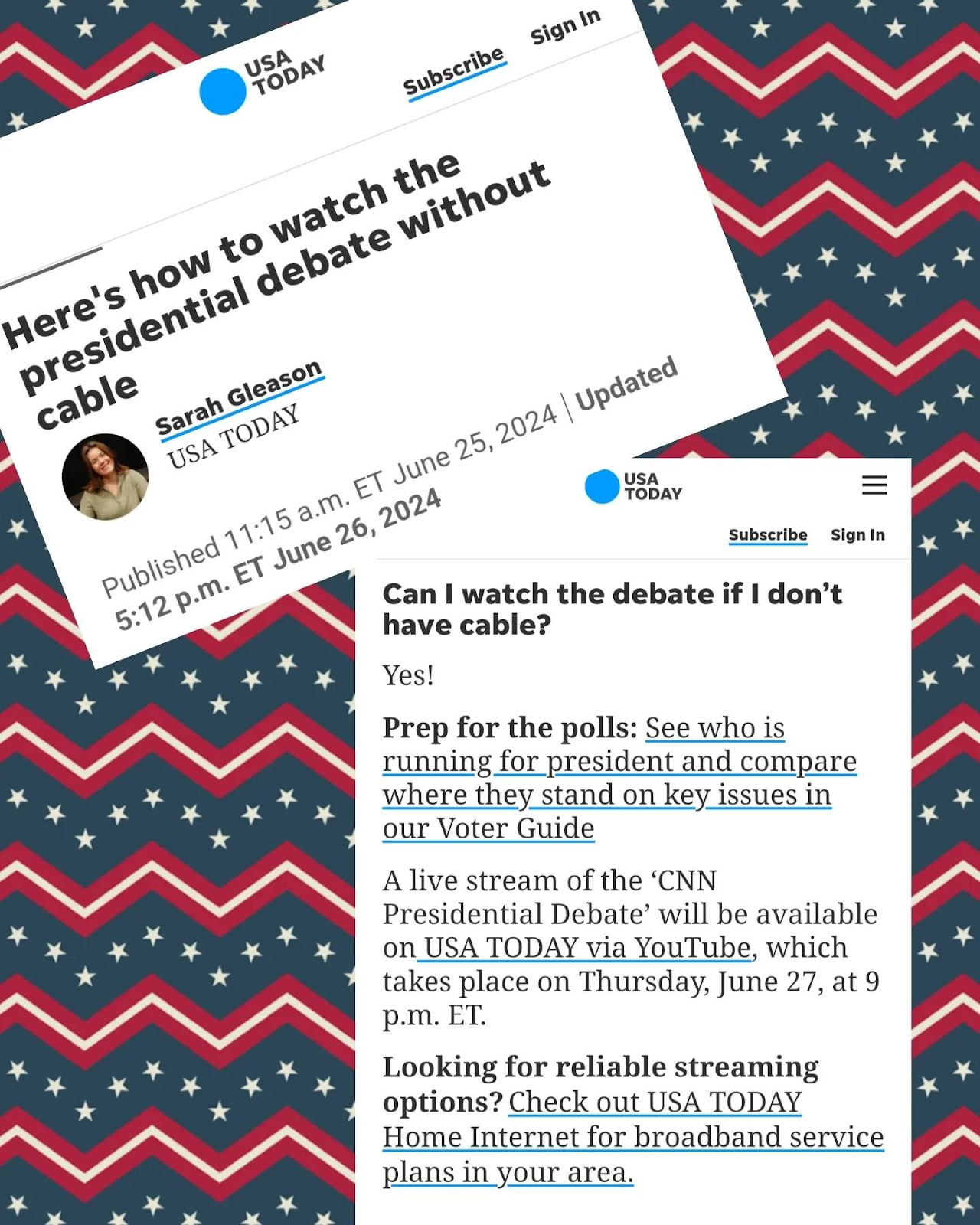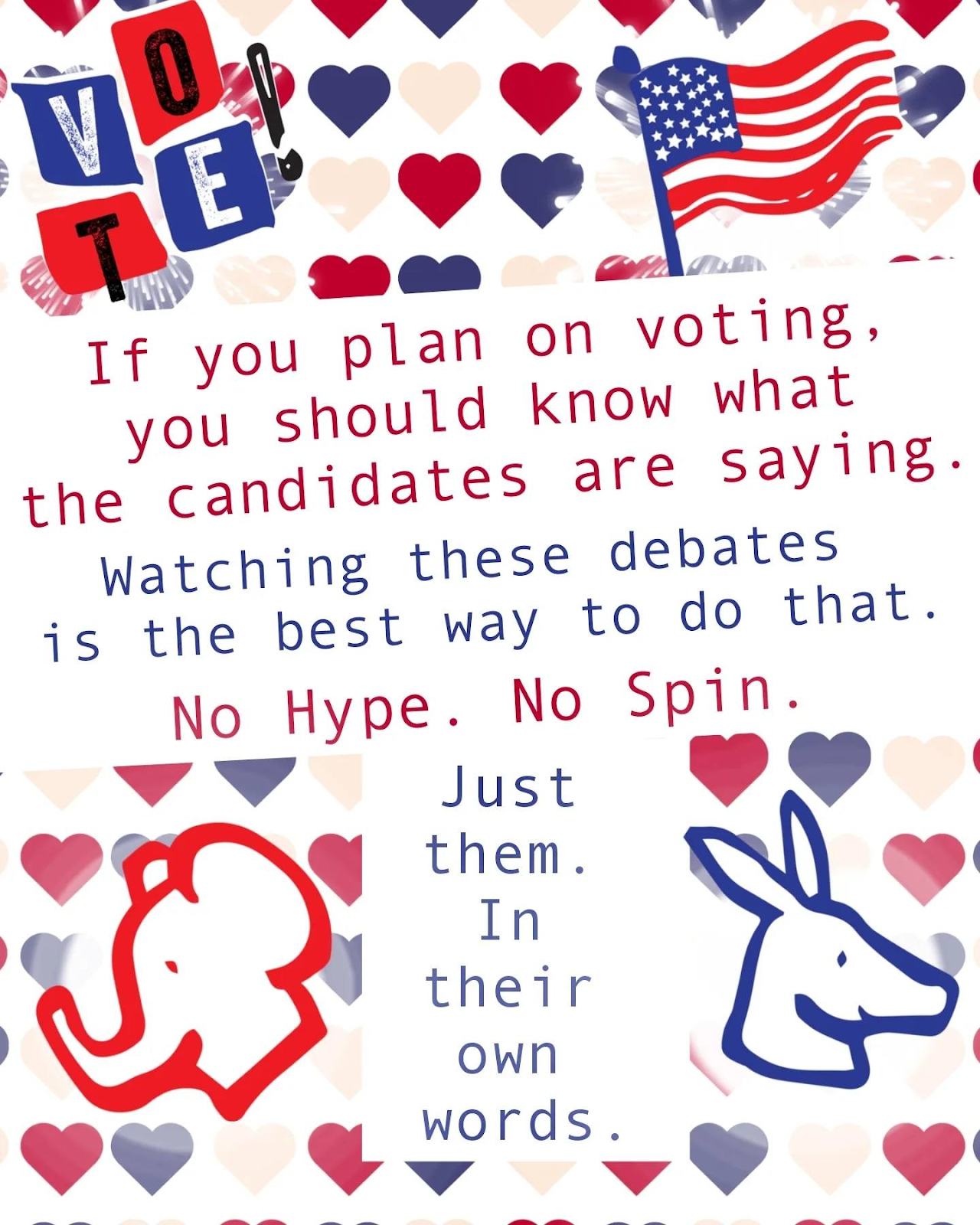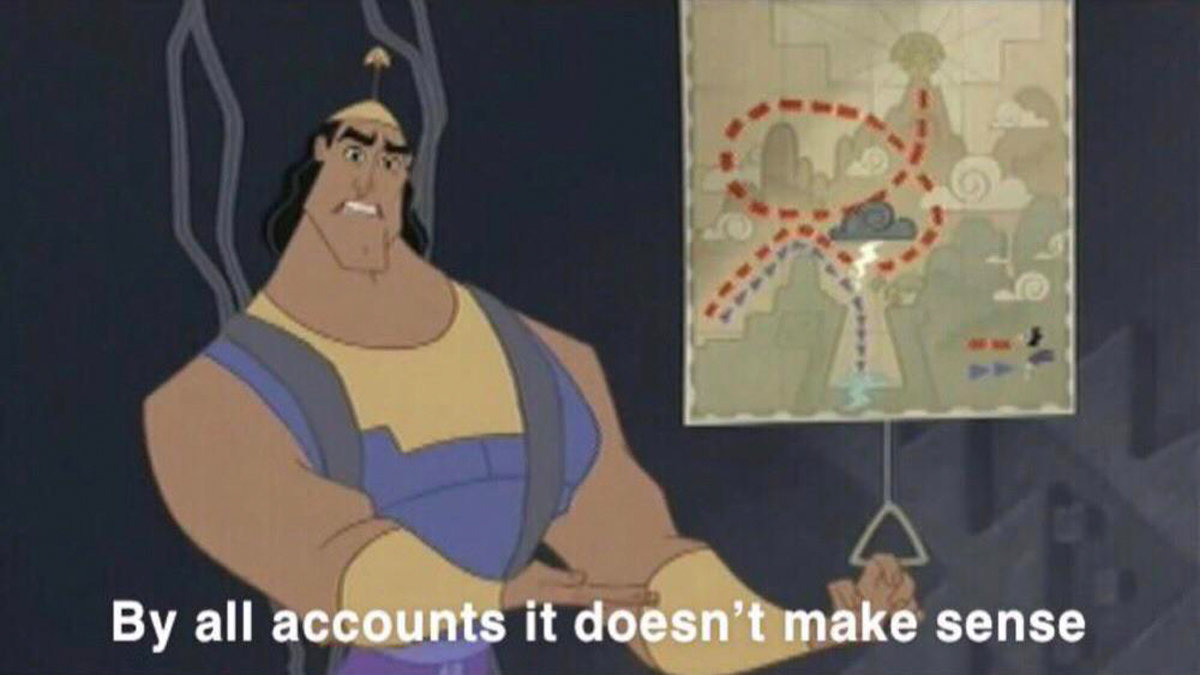This post has been a few days in the making. For context, I included what I’ve written over the past few days about all of this. For the Too Long/Didn’t Read version, skip to the section labeled Conclusion.
PART 1: The Set Up
Last Wednesday, the day before the first Presidential Debate of this election cycle, I shared this on
social media along with some information from a non-partisan, faith-based organization about what to
expect in the debate: MWEG (Mormon Women for Ethical Government).
This has been on my mind for the past week or so.
I love this country. I love the democratic process.
I'm excited for this debate because it will be just the candidates speaking about issues in their own words.
No hype. No spin. Just them.
I'll be watching. Here's details on how you can too. 




*Here's details should have been "here are," but it's what I said, and I'm not changing that now. So, la.
...
I stand by what I said. But I also understand why many people decided not to watch.
Debates can be unpleasant, and long, and the benefits don’t seem to outweigh the costs.
"By all accounts, it doesn't make sense."

I did watch it. And it was ugly and unpleasant and discouraging.
I have so many thoughts after that first debate. A lot of those thoughts are specific, and I am interested in having conversations about it.
But I am not interested in having that conversation publicly on social media.
I imagine social media to be a bit like a school multi-purpose space–the kind that has a stage and a cafeteria and maybe a piano and the lost and found. And “posting” is like standing up on that stage with a megaphone. You might only mean to be announcing things to some of the people in that room, or maybe you’re just having fun announcing things for your own entertainment. But really, lots of people you never think about can hear you on social media. Suddenly, you can find yourself having an impromptu, loud-speaker-style conversation with a handful of people who chose to respond to you in view of everyone who might be passing through that space.
It is a public forum presenting itself as a casual conversation between friends. And, unplanned public statements have tendencies to go poorly at some point.
…
PART 2: Peace Train
I recently read an old blog post from 2019 (Sunday Devotional, actually from MWEG) called
“Pursuing Peace on the Train” that presents two approaches to making peace in a situation
where there is conflict. The author, Jennifer Walker Thomas, talks about being stuck on a train
on a family trip in Europe. The title immediately evoked for me the 1971 Cat Stevens song,
"Peace Train." I really like the message of the song which also connects to a central idea
in Walker Thomas’ essay – peace is a choice. I especially like these two stanzas from Stevens' song:
Now I've been crying lately
Thinkin' about the world as it is
Why must we go on hating?
Why can't we live in bliss?
'Cause out on the edge of darkness
There rides a peace train
Oh, peace train take this country
Come take me home again
Stevens and Walker Thomas both invite us to choose peace, even though it seems far away--"out on the edge of darkness." But the crucial question is how? It’s all well and good to say, “Glide on the peace train,” but that seems like wishful thinking without practical application.
On her actual train ride, Walker Thomas explains how she maintained peace by choosing not to engage with an unpleasant, loud, fellow-American voicing his political views and prejudices.
The man and his companions were also sitting in the seats she and her family had purchased. She would have been in her rights to ask him to relocate. But she chose to avoid the conflict to keep peace. Avoidance is absolutely one path to peace. And sometimes, it’s the best solution when it seems like there isn’t another way out. But it still didn’t sit well with her:
I did nothing.
I believed that it was the right choice in the moment, because under the circumstances
there was no way to engage peacefully. But in the days following, my mind would return
to the train, and I would mentally argue with someone I had seen once and would never
see again. He had been wrong about almost everything (I am sure of it!), and I was
anxious that in leaving those wrongs unanswered I, too, had been wrong.
…I felt that the decision to not engage was my only option, because the train was already
filled with tension, because I was never going to change his mind, because I didn’t want
to put my children at risk, because he was clearly a difficult and prejudiced human.
There were countless “becauses,” and all were external to me.
This is where she realizes a second path to peace:
Then after a few days of stewing, it sunk in. The real reason I couldn’t
engage was simply because I wasn’t prepared. The “because” was
actually internal, and I was the obstacle and potentially also
a difficult and prejudiced human. There likely would have been
a way to engage with him and bring peace, but in that moment
I wasn’t emotionally and spiritually developed enough to transcend
my personal discomfort and frustration. My charity had failed.
Two paths to peace are clearly laid out here. And I think there are some valuable
takeaways from Walker Thomas’ experience.
Option 1: Avoid
Avoiding confrontation is a safe, self-preservatory response. But as she explains,
walking away from the conversation she so desperately wanted to engage in left her
unsettled and upset. She “stewed” about it for days after. She avoided the conflict in the
moment, but she was still left with inner turmoil over leaving this man’s comments
unanswered. In this case, her external avoidance caused an internal conflict which she
later had to find a way to resolve for herself.
This can still be the safest path forward. Time and space to process can help us view things with a calmness and clarity after our immediate, often reactionary responses have subsided.
Option 2: Engage
Walker Thomas’ epiphany is also instructive; “the real reason I couldn’t engage was simply because I wasn’t prepared.” Peaceful engagement in conflict, she suggests, requires two things
– preparation and acceptance.
Preparation
She says that she was not “emotionally and spiritually developed enough to transcend my personal discomfort and frustration.” That kind of “transcendence” requires staying calm and pushing past our comfort zones. Developing those skills takes intentional work and practice. And to be fair, that kind of effort might not seem worth the energy just so we can respond to a belligerent stranger in public or on the internet.
But this preparation can be worth the effort when it means being able to engage calmly with friends and family who we care about deeply and want to talk with about important issues. Preparation can help us develop emotional resilience and a sense of ‘spiritual’ centeredness that helps us meter and regulate our emotional responses in the moment. With practice, we can apply that filter to our responses in real time.
Acceptance
I think the second part of Walker Thomas’ ‘ah-ha’ about her experience on the train is even more important than the first. She says, “I was the obstacle and potentially also a difficult and prejudiced human,” It’s accepting that we cannot always be 100% right about everything and that that’s OK.
If we’re going to engage in a conversation about something controversial that we have strong opinions about, we have to own that we probably are carrying some unfair biases and that we probably have some assumptions that don’t take into account the perspectives of people on the other side of the issue.
We have to accept that while we can tell people how we feel and why we think those things, we cannot presume to know what they think or why they think those things without them telling us.
Conclusion
It’s hard to talk about politics without it getting ugly and personal. We saw that on Thursday night in the first presidential debate. We have no good models for civil discourse across party lines on the current political stage. So we have to make our own. And some people have started doing that. And that gives me hope.
BRAVER ANGELS, is one of a number of organizations dedicated to overcoming the partisan divide in our country. (3 Minute Video explaining Braver Angels)
I’m also a big fan of this group – Mormon Women for Ethical Government. (Here is a link to their 6 Principals of Peacemaking.) More and more, I think people are looking for opportunities to engage across the political divide to build peace.
It’s easy to feel discouraged by the relentless negativity of politics right now. And it makes sense why so many people choose to look away. It appears that doing anything else is an exercise in futility. Why bother talking to someone who is a political “other” when they exist in an entirely different reality from you? Why waste time and energy on conversations that can only end badly?
This, in a nutshell, is where I think the majority of us are as a country when it comes to discussing the highly controversial issues that surround us. Things seem pretty bleak. And if perception is our reality, then they are dismal. But maybe we can shift our perception by building a new narrative.
I don't think it's overly idealistic to have hope for a better tomorrow. I don't think it's unreasonable to believe people with massive differences in opinion and viewpoint can come to better understand one another.
The media cocoons we get wrapped up in share the same objective -- to profit off of our engagement. So smart people design addictive content that provides us dopamine hits every time we engage in incendiary content that reinforces angry, divisive opinions.
I believe we can break down false narratives that are propped up by people who stand to gain money and influence from our rage and distrust of each other by simply talking with and listening to people who we disagree with.
So why do the work? Why get on “the peace train?”
Because we care.
I am not ready to give up on the American experiment. But if we believe we are already divided, and our goal is to defeat those we see as “other,” then we’ve already given up.
I’m a fan of disrupting the false narrative that half the nation is made up of jerks who want to hurt the other half. The first step toward doing that is choosing to listen to one another. I think most of us want to work towards a better tomorrow. So, I’m choosing peace. And I’m working on choosing to engage instead of avoid. If you'd like to try that with me, we can figure out how to do it together.
…
Links:
“Peace Train” by Cat Stevens
“Peace Train” Lyrics
“Pursuing Peace on the Train” by Jennifer Walker Thomas
Braver Angels Alliances – I want to get involved in these. LMK if you want to talk about doing that too.
